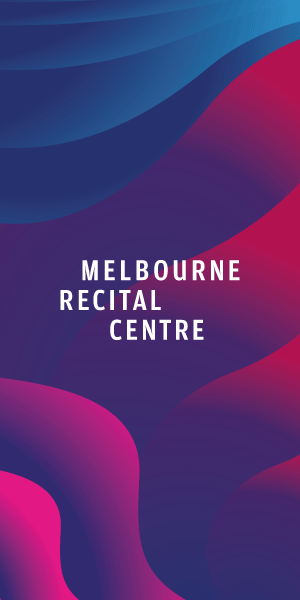Waste not, want not: local solutions to tackle Australia’s waste problem
As a teen, I was captivated by the cartoon Captain Planet and the Planeteers. The show followed a group of youth from around the world who were chosen by the Spirit of the Earth to help protect the planet from environmental disasters.
Together, the Planeteers worked to stop polluters, corporations, and other forces that threatened the health of the planet. The team was led by Captain Planet, a superhero with the power to control the elements of nature. Each episode taught important lessons about environmental issues and the impact of human actions on the planet.
I wanted to be a Planeteer!
As I got older, I realised that saving the planet wasn’t as simple as having a magic ring on my finger and shouting “wind” or “water” at polluters. But I did learn we all have the power to be part of solutions.
Waste in Australia is a growing problem. With more than 76 million tonnes of waste generated annually, the impact on the environment is becoming increasingly apparent. At the Carlton Neighbourhood Learning Centre, we’ve responded to this challenge by developing a composting hub.
Composting food scraps is a great way to reduce waste. Food scraps make up 40 per cent of bin waste going to landfill. Composting prevents organic waste from ending up in landfill and reduces methane emissions. It’s also a valuable organic material that enriches soil, reduces the need for chemical fertilisers and supports healthy gardens.
CNLC composts 22,410kg of food scraps a year, thanks to 700 households who bring their waste to our centre (and we have capacity to take more). We produce 7060kg of compost annually which is used to sustain our community garden and is packed in to bags available for sale.
Residents can drop off food scraps to our compost hub. Lodge your interest with [email protected]. You’ll receive a fridge magnet guide to what we accept in our compost and how to access our seven days a week, 24 hours a day, food scraps deposit bin.
This local compost hub demonstrates that it’s possible to make a difference at the local level. Communities can create a cleaner, greener environment. Whether it’s composting, recycling or other forms of waste reduction, local solutions are an important part of the solution to Australia’s waste problem. •

Bottega Tasca: Carlton’s go-to fine wine boutique





 Download the Latest Edition
Download the Latest Edition